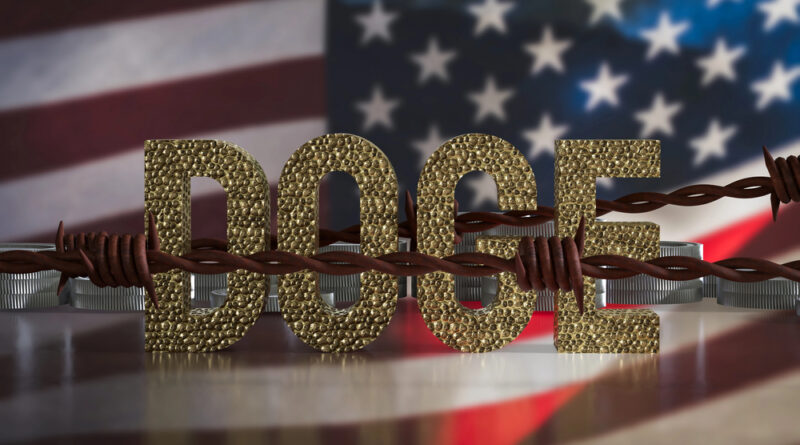Efficiency or Chaos? The High-Stakes Gamble of DOGE and the Tech Transformation of Government
Elon Musk has never been one to shy away from controversy. Now, as he spearheads the Department of Government Efficiency (DOGE), his latest experiment in turning bureaucracy on its head is forcing us to confront a fundamental question: can the speed and discipline of Silicon Valley truly coexist with the heavy responsibilities of public governance?
At first glance, DOGE promises a revolution—a leaner, more agile government that leverages privatization, AI automation, and a data-driven mindset to slash inefficiencies. It’s a vision where public services, from cybersecurity to air traffic control, are delivered not through red tape and endless oversight, but with the dynamism and rapid iteration of a tech startup. In theory, this sounds like the cure for decades of governmental inertia.
Yet, as we peel back the layers of this bold initiative, the risks become hard to ignore. The core purpose of government isn’t to turn a profit—it’s to serve the public and ensure safety and stability. By applying the “move fast and break things” mentality that has powered some of the most successful tech companies, DOGE may inadvertently undermine the very functions it seeks to improve.
Take cybersecurity, for instance. The restructuring of agencies like the Cybersecurity and Infrastructure Security Agency might open lucrative doors for private-sector firms. Tech giants such as Palo Alto Networks, CrowdStrike, and Fortinet are poised to benefit as the government outsources its security needs. But what happens when mission-critical infrastructure and sensitive data are in the hands of profit-driven companies? Can we trust a system where efficiency gains might come at the expense of public accountability and robust oversight?
Moreover, the rapid shifts under DOGE have not come without fallout. Traditional federal roles are being upended—mass layoffs are displacing seasoned professionals in favor of AI and automation. This sudden exodus of talent may create opportunities for tech companies hungry for skilled workers, yet it also risks stripping the government of the expertise needed to safeguard national interests. In this collision of Silicon Valley’s innovative drive and Washington’s established order, the consequences could ripple far beyond the boardrooms of tech startups.
Musk’s vision for DOGE is undeniably transformative. By eliminating redundant agencies, reforming procurement processes, and privatizing key functions, he is forcing a long-overdue conversation about how modern governments should operate. Yet, in his push to streamline and modernize, one must ask: is there a danger of losing the human touch essential to public service? Efficiency must be measured not only in cost savings and speed but also in how well it maintains public trust and protects citizens from unforeseen risks.
DOGE stands at a precarious crossroads—a symbol of both the promise and peril inherent in radical reform. On one hand, it could usher in a new era of government performance, where innovative practices drive smarter, safer public services. On the other, if not implemented with the utmost care, it might become a high-stakes gamble that destabilizes critical infrastructure and erodes the foundations of public accountability.
In the end, the real challenge for Musk and his team will be to balance the allure of efficiency with the irreplaceable value of thorough, cautious governance. As the tech industry watches and the public braces for change, one thing is clear: when the government starts running like a business, every misstep isn’t just a line item in a budget—it’s a risk to the very fabric of our society.
Photo Credit: DepositPhotos.com

